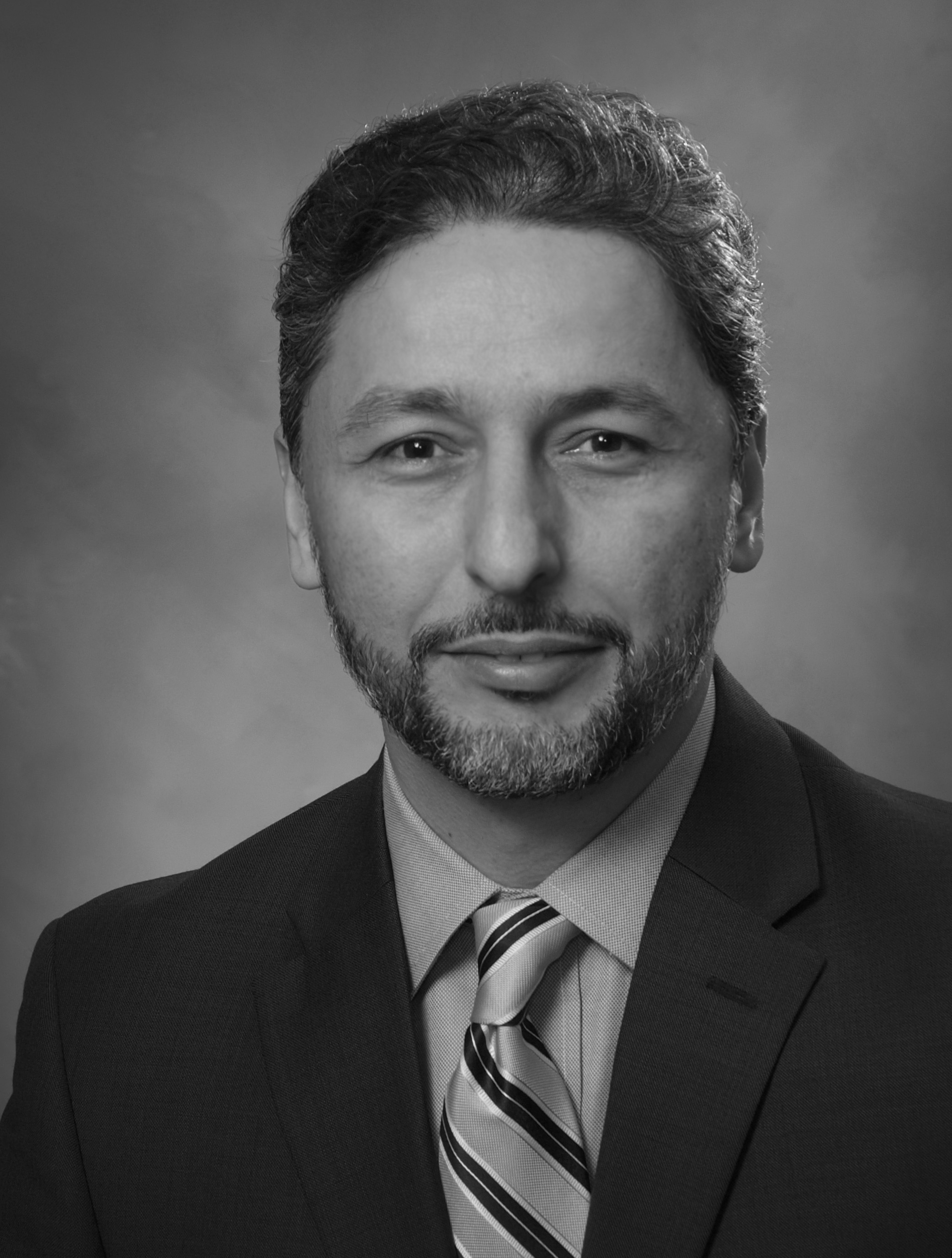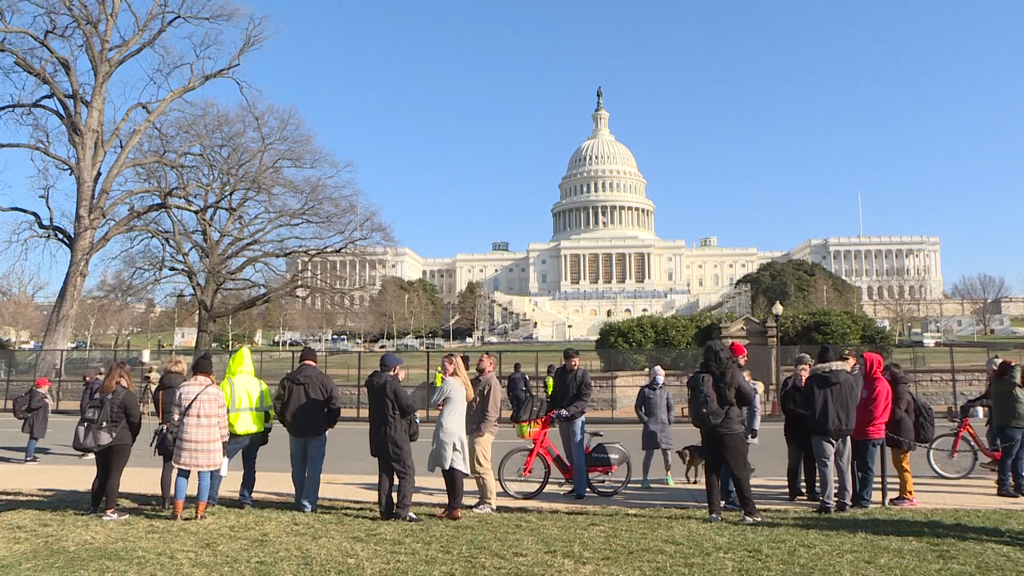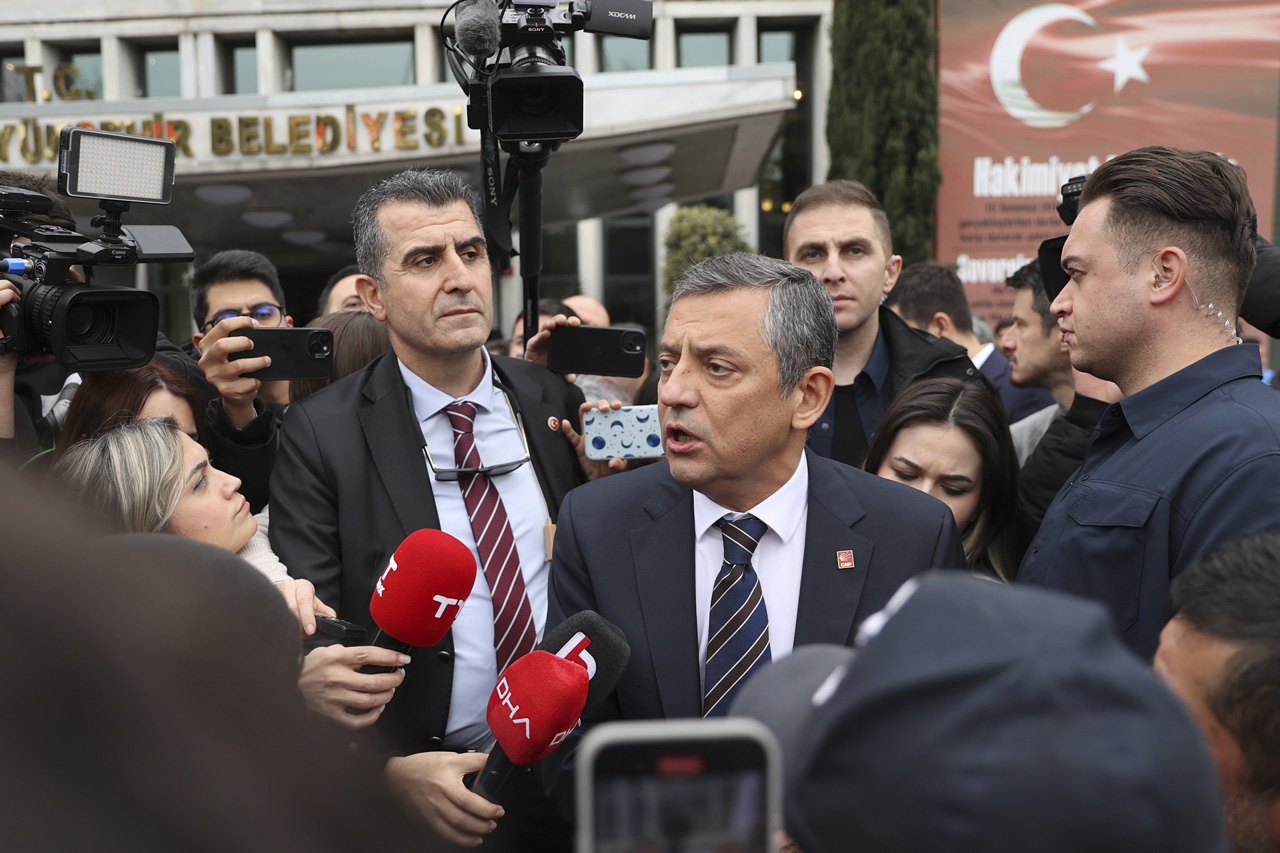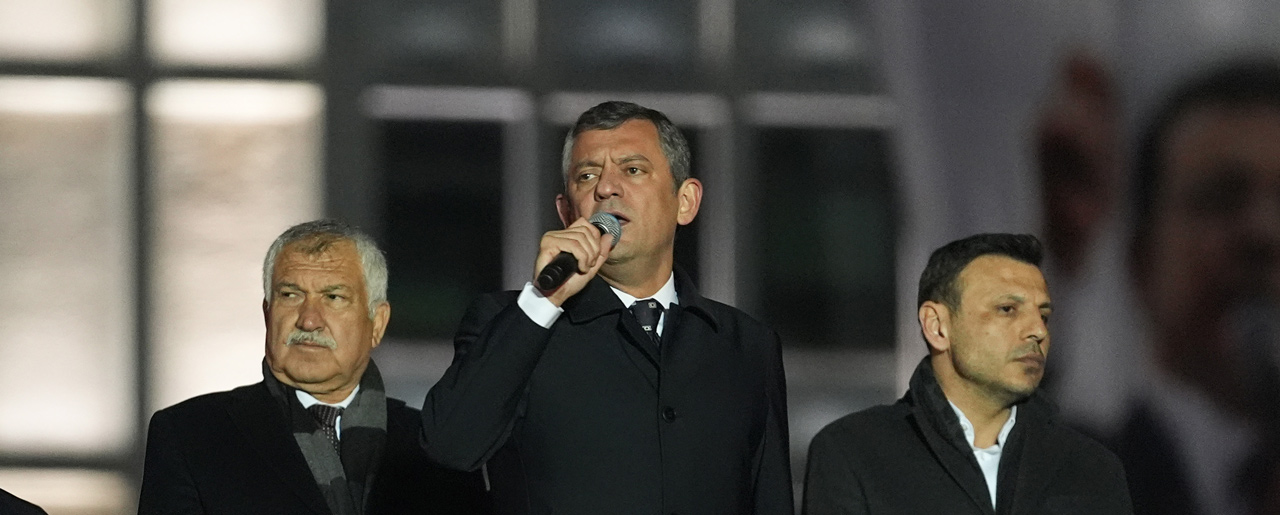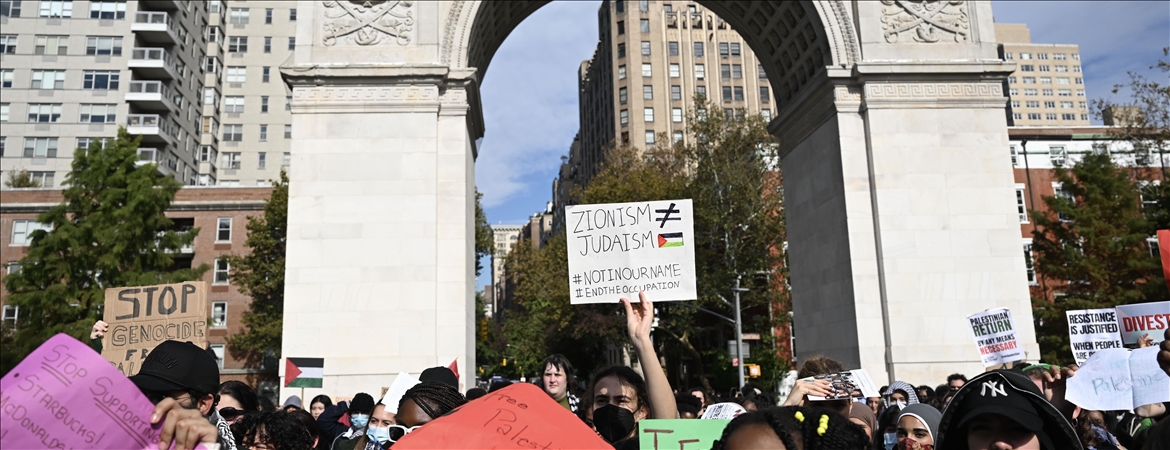
Freedom of speech and the antisemitism debate in American universities
While state universities in the American higher education system are obliged to adhere to constitutional provisions, private universities, like Harvard and MIT, aren't directly bound by the First Amendment, which safeguards freedom of speech. Private institutions can establish their rules and regulations, often attempting to extend freedom of expression in the name of academic freedom. However, they have, in the past, canceled programs and events deemed provocative or likely to incite disturbances, fostering a perception that such restrictions disproportionately favor conservative groups. Even on liberal campuses like Columbia, limitations and even bans on pro-Palestinian demonstrations have been observed.
Share
In a recent congressional hearing at the House of Representatives, the presidents of three of America's most prestigious universities – Harvard, MIT, and UPenn – found themselves addressing allegations of not curbing the surge of antisemitism on their campuses and failing to prevent the harassment of Jewish students. UPenn President Liz Magill's response to a question from New York Representative Liz Stefanik during the hearing triggered a storm that ultimately led to the president's resignation. Stefanik's tweet, "We got one down, two to go," fueled a debate on the limitations of free speech in academia, particularly concerning discussions on Israel.
Boundaries of Free Speech
While state universities in the American higher education system are obliged to adhere to constitutional provisions, private universities, like Harvard and MIT, aren't directly bound by the First Amendment, which safeguards freedom of speech. Private institutions can establish their rules and regulations, often attempting to extend freedom of expression in the name of academic freedom. However, they have, in the past, canceled programs and events deemed provocative or likely to incite disturbances, fostering a perception that such restrictions disproportionately favor conservative groups. Even on liberal campuses like Columbia, limitations and even bans on pro-Palestinian demonstrations have been observed.
Despite potentially tarnishing the reputation of these universities, such restrictions and prohibitions are not necessarily unlawful for private institutions. As constitutional provisions don't directly apply to them, politicians exert pressure differently. Private universities receiving funds for various projects are obligated to comply with federal anti-discrimination laws, prohibiting bias against ethnic or religious groups. Politicians thus gain the authority to question university presidents about potential cases of discrimination.
Impact of Palestinian Protests on Academia
The congressional session revealed that university presidents were well-prepared by legal experts, as they navigated questions posed by politicians with careful legal language. Representative Stefanik's question focused on whether calling for a "river to the sea, free Palestine" constituted a violation of school rules. President Magill's response, indicating that expression might turn into harassment, turned the video into a viral sensation. These statements were portrayed as evidence that university presidents were not combating antisemitism and were indifferent to the safety of Jewish students.
Stefanik's implied accusation concerned the slogan used by pro-Palestinian protestors. Pro-Israel lobbying groups argue that the slogan aims to eliminate Israel, branding it as antisemitic and genocidal. After the session, around 70 Congress members sent letters to the governing boards of the three universities, demanding the removal of the presidents. Reports emerged that one of UPenn's major donors threatened to withdraw a $100 million donation. After Magill's resignation under these pressures and her weak performance on camera, attention turned to other university presidents. While Harvard professors publicly supported their president, this underscores the extent of pressure universities face.
The current pressure on American academia is not entirely new, but it has taken a different dimension following Israel's actions in Gaza. Pro-Israel groups, unable to justify Israel's actions and unable to quell the growing discontent among the youth, play the antisemitism card. These groups publicly condemn private universities for not preventing discrimination against ethnic and religious groups, aiming to restrict and ban pro-Palestinian slogans and expressions. Acknowledging the role of conservative Evangelicals and Christian Zionist groups among Republican conservatives is crucial. The influence of pro-Israel groups on Congress has partially yielded results against pro-Palestinian groups in academia. However, it's evident that this limited success won't be sufficient to legitimize Israel's actions in the eyes of the younger generation.
[Yeni Şafak, December 14, 2023]
Tags »
Related Articles
